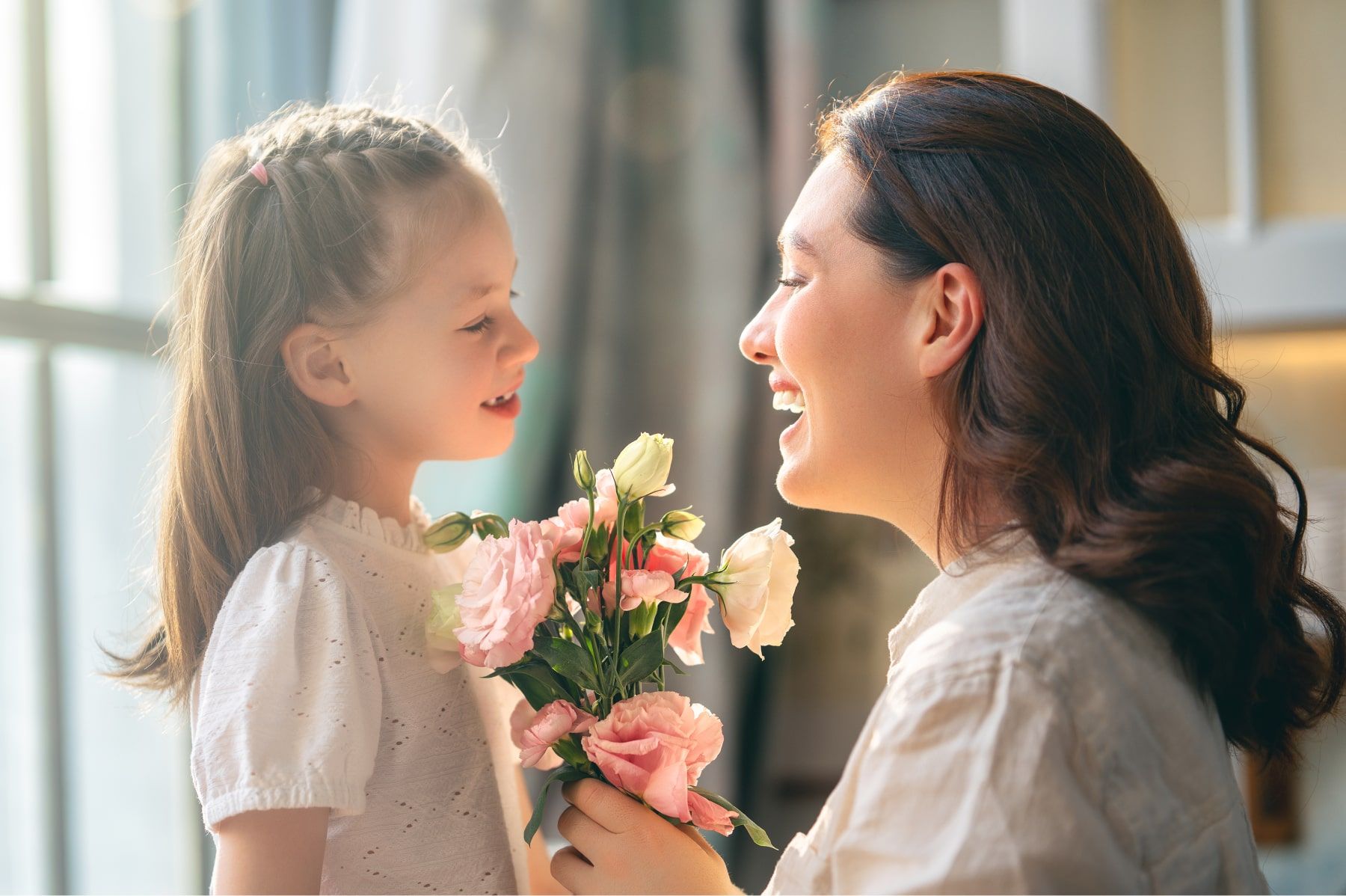Emotional Impact of Flowers in Our Life

Flowers, with their captivating beauty and enchanting fragrances, have a profound impact on our emotional well-being. Beyond their aesthetic appeal, scientific research has uncovered the remarkable benefits of flowers in uplifting our spirits and promoting happiness. In this blog, we delve into the emotional impact of flowers, exploring the science behind their influence, and uncovering the proven benefits they bring to our lives. Join us as we unravel the fascinating world of flowers and their significant role in nurturing our emotions.
1.The Science Behind Flowers and Happiness:
 Scientific studies have revealed the intricate connection between flowers and happiness. When we encounter flowers, our brain releases mood-enhancing chemicals such as dopamine and serotonin, which contribute to feelings of joy and well-being. The visual beauty and captivating fragrances of flowers stimulate the pleasure centers in our brain, instantly lifting our mood and evoking positive emotions.
Scientific studies have revealed the intricate connection between flowers and happiness. When we encounter flowers, our brain releases mood-enhancing chemicals such as dopamine and serotonin, which contribute to feelings of joy and well-being. The visual beauty and captivating fragrances of flowers stimulate the pleasure centers in our brain, instantly lifting our mood and evoking positive emotions.
2.Proven Benefits of Flowers on Emotional Well-being:
 a) Enhanced Mood and Reduced Stress: Flowers have been shown to reduce stress and anxiety while improving overall mood. Having flowers around us, whether in our living spaces or workplace, can create a calming and uplifting environment, helping us to manage stress more effectively.
b) Increased Happiness and Positivity: The presence of flowers in our surroundings fosters a sense of happiness and positivity. Studies have indicated that individuals who have flowers in their homes tend to have a more positive outlook on life and experience increased feelings of satisfaction and contentment.
a) Enhanced Mood and Reduced Stress: Flowers have been shown to reduce stress and anxiety while improving overall mood. Having flowers around us, whether in our living spaces or workplace, can create a calming and uplifting environment, helping us to manage stress more effectively.
b) Increased Happiness and Positivity: The presence of flowers in our surroundings fosters a sense of happiness and positivity. Studies have indicated that individuals who have flowers in their homes tend to have a more positive outlook on life and experience increased feelings of satisfaction and contentment.
c) Improved Emotional Connection: Flowers play a vital role in fostering emotional connections and improving social interactions. Giving and receiving flowers as gifts strengthens relationships, promotes empathy, and enhances emotional bonds between individuals.
3.Benefits of Flowers in Specific Settings:
 a) Workplace Productivity: Flowers in the workplace have been linked to increased productivity, creativity, and job satisfaction. The presence of flowers in office spaces can create a more pleasant and stimulating environment, leading to improved focus and overall well-being.
a) Workplace Productivity: Flowers in the workplace have been linked to increased productivity, creativity, and job satisfaction. The presence of flowers in office spaces can create a more pleasant and stimulating environment, leading to improved focus and overall well-being.
b) Healing and Recovery: Flowers have been found to have a positive impact on healing and recovery processes. Studies have shown that hospital patients who are surrounded by flowers or have a view of natural elements, such as gardens, experience reduced pain levels, improved mood, and faster recovery times.
c) Mental Health and Emotional Healing: Flowers have therapeutic effects on mental health, aiding in emotional healing and providing comfort during times of grief or trauma. Engaging with flowers through activities like gardening or floral therapy can promote relaxation, reduce symptoms of depression, and improve overall mental well-being.
FAQ
1.How do flowers help in emotional well-being?
Flowers help emotional well-being by improving mood, reducing stress, promoting happiness, fostering emotional connections, aiding in healing processes, and inspiring creativity.
2.How do flowers affect mental health?
Flowers have a positive impact on mental health by boosting mood, reducing symptoms of anxiety and depression, promoting feelings of calmness and relaxation, and offering a source of comfort and emotional support.
3.How do flowers are used for expressing emotions?
Flowers are used to express emotions by serving as a visual and symbolic representation of feelings such as love, gratitude, sympathy, joy, and admiration. They provide a tangible and universally understood language to communicate emotions when words may fall short.
Our Recent
Blog Posts
A new approach for us to invite a life surrounded by flowers
